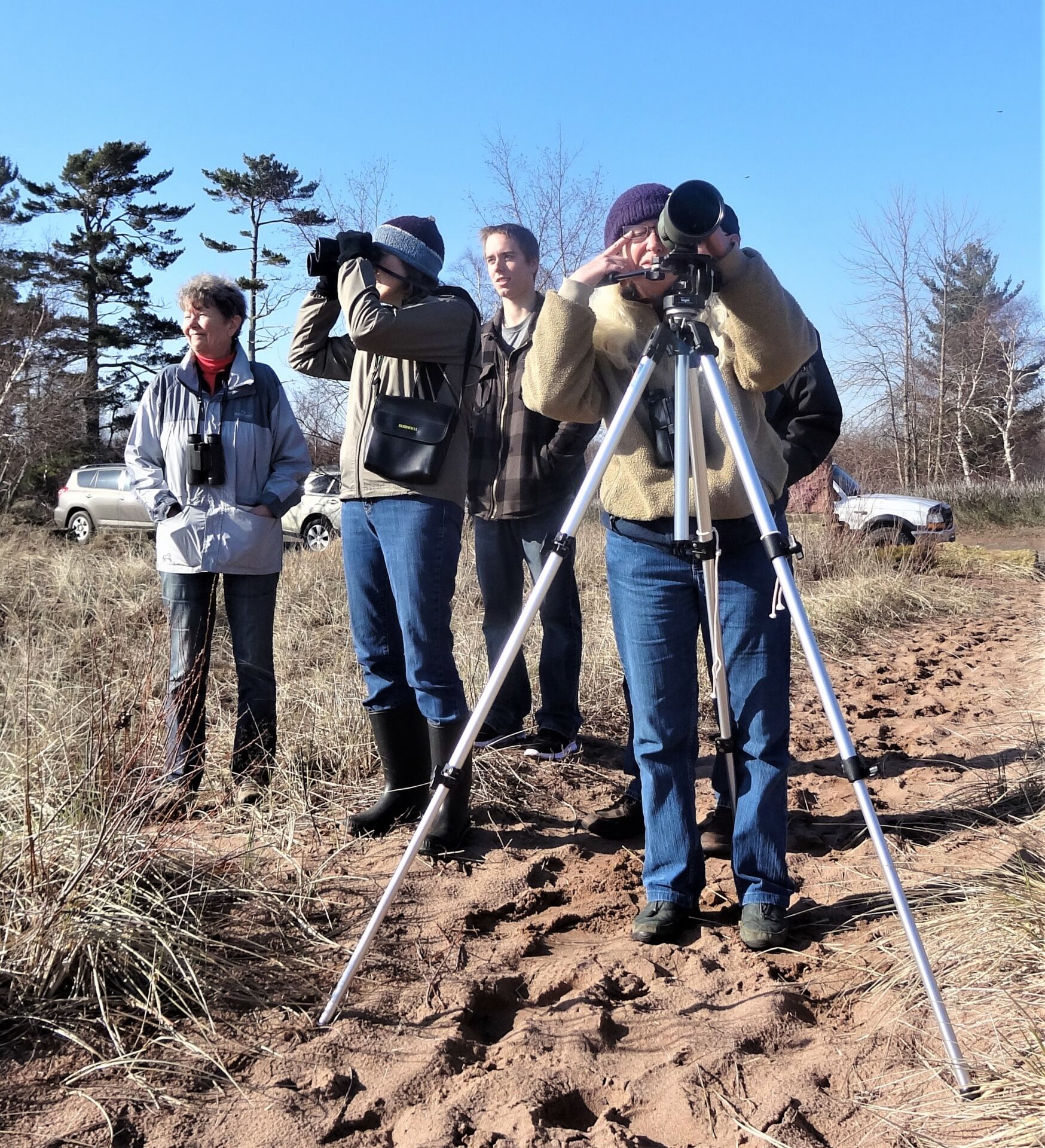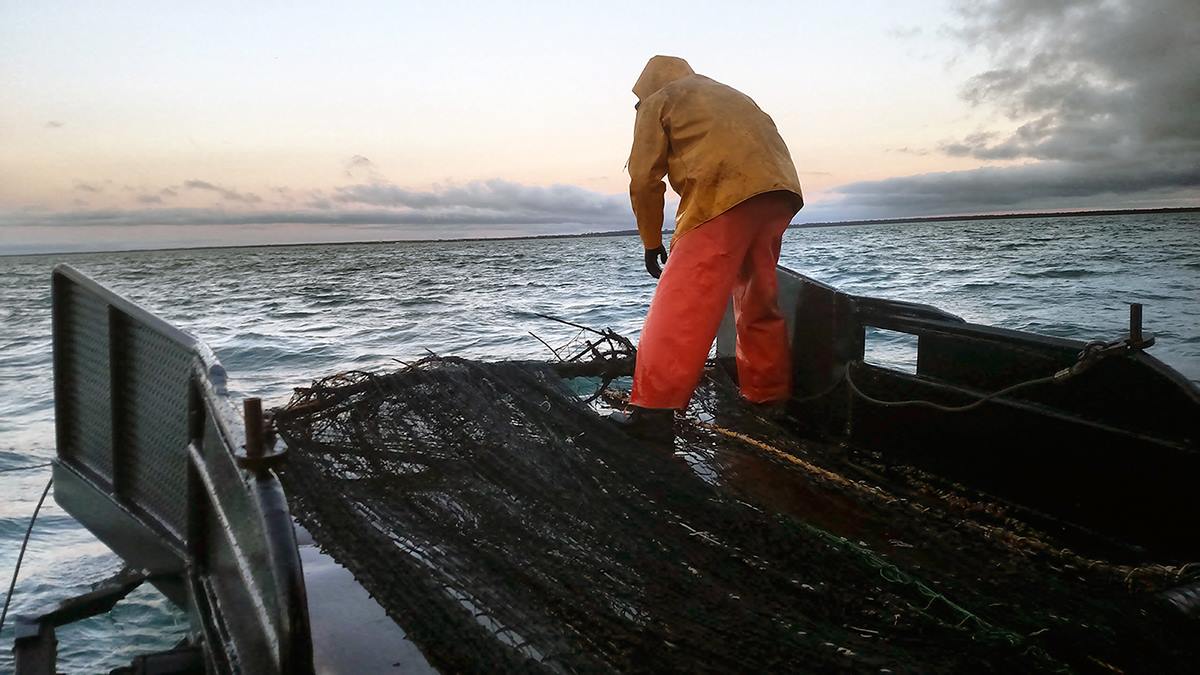It took a summer internship at the Madison Arboretum to really crystallize things for Michael Polich.
Polich, then a UW-Madison graduate student, had watched staff spend several weeks trying to address a difficult situation with stormwater drainage on the Arboretum property, only to be stymied by city regulations.
“I got fed up with the idea that engineers couldn’t actually solve problems,” Polich said. “They can identify a perfectly workable solution, but laws, contracts and regulations often get in the way.”
That was five years ago, but the experience is one of the things that spurred the now 28-year-old Polich, who already held bachelor’s degrees from UW-Madison in civil and environmental engineering and was closing in on a Master’s degree in biological systems engineering, to switch course and add a Juris Doctor to his already-packed arsenal. He graduated a few weeks ago from UW-Madison Law School with an environmental law degree.
“At the time, I thought to myself, ‘Why don’t you go to law school and try to solve these problems?’” said Polich. “Law school is where change happens. This is where the system changes. I could have made an impact just in the public policy arena, but I wanted to do more.”
Starting next month, he’ll have the chance. Polich’s wide range of degrees and expertise made him a natural choice to become the 2016 Great Lakes Commission Fellow. In mid-June, he heads to Ann Arbor, Mich., there to spend a year taking part in communications, policy and advocacy work, as well as several specific commission projects, including the Blue Accounting Source Water pilot, supporting harmful algal bloom and nonpoint work in the Lower Fox River and working on urban stormwater issues. His fellowship is sponsored and administered by Wisconsin Sea Grant.
“The Great Lakes Commission is excited to have Michael Polich join us as our 2016-2017 Sea Grant Fellow,” said Tim Eder, executive director of the Great Lakes Commission. “Our Sea Grant interns work with us to address issues of regional concern, develop shared solutions and collectively advance an agenda to protect and enhance economic prosperity and environmental health. We’ve been fortunate to have incredible interns through Sea Grant, and several former interns have gone on to join our staff. We congratulate Michael on his selection and are looking forward to having him on board.”
Polich’s wide-ranging background includes internships with the U.S. Environmental Protection Agency, the Wisconsin Department of Military Affairs and Clean Wisconsin. At each stop, he’s learned the value of being able to connect and communicate with decision-makers. That skill may come in handy on another GLC project with which Polich is likely to become involved—GLC’s partnership with Sea Grant on issues related to oil transport on the Great Lakes,
“If you can speak the same language, translate the science, you can initiate dialogue with people who can make the changes,” he said.
While his fellow law school graduates are looking toward landing specific jobs in departments within the field, Polich has his sights trained elsewhere.
“That’s not why I got into it—I didn’t want to sit with a judge and read the law,” explained Polich. “And that’s what’s so appealing about the fellowship—it lets me explore the government part of the environmental-problems equation at the same time as the legal and policy pieces. The Great Lakes Commission has a seat at the table where decisions are made. You can ask the questions, what sorts of things can we push? What’s the best way to solve this? You’re actually affecting the problem.”
Polich, who grew up in Middleton, Wis., said he’s excited about expanding his horizons beyond Wisconsin, the place he’s spent the majority of his education and career. Large cities like Seattle and Washington, D.C,. have the sort of big-scale policy networks Polich would like to join, but he said he may ultimately end up being drawn to a think tank or large nonprofit. As he was completing his law degree, Polich also took a single class at the UW’s LaFollette Institute of Public Policy. The topic was the impact of tax policy.
“If we want to effect change within say, a topic like farmers and runoff, maybe we could implement some kind of tax credit to encourage that,” he suggested.
Wherever he ends up, and whatever he ends up doing, it’s clear Polich has prepared himself well.
“I’ve tried to be deliberate in giving myself opportunities,” said Polich, “I want to get as much out of this fellowship experience as I can.”





